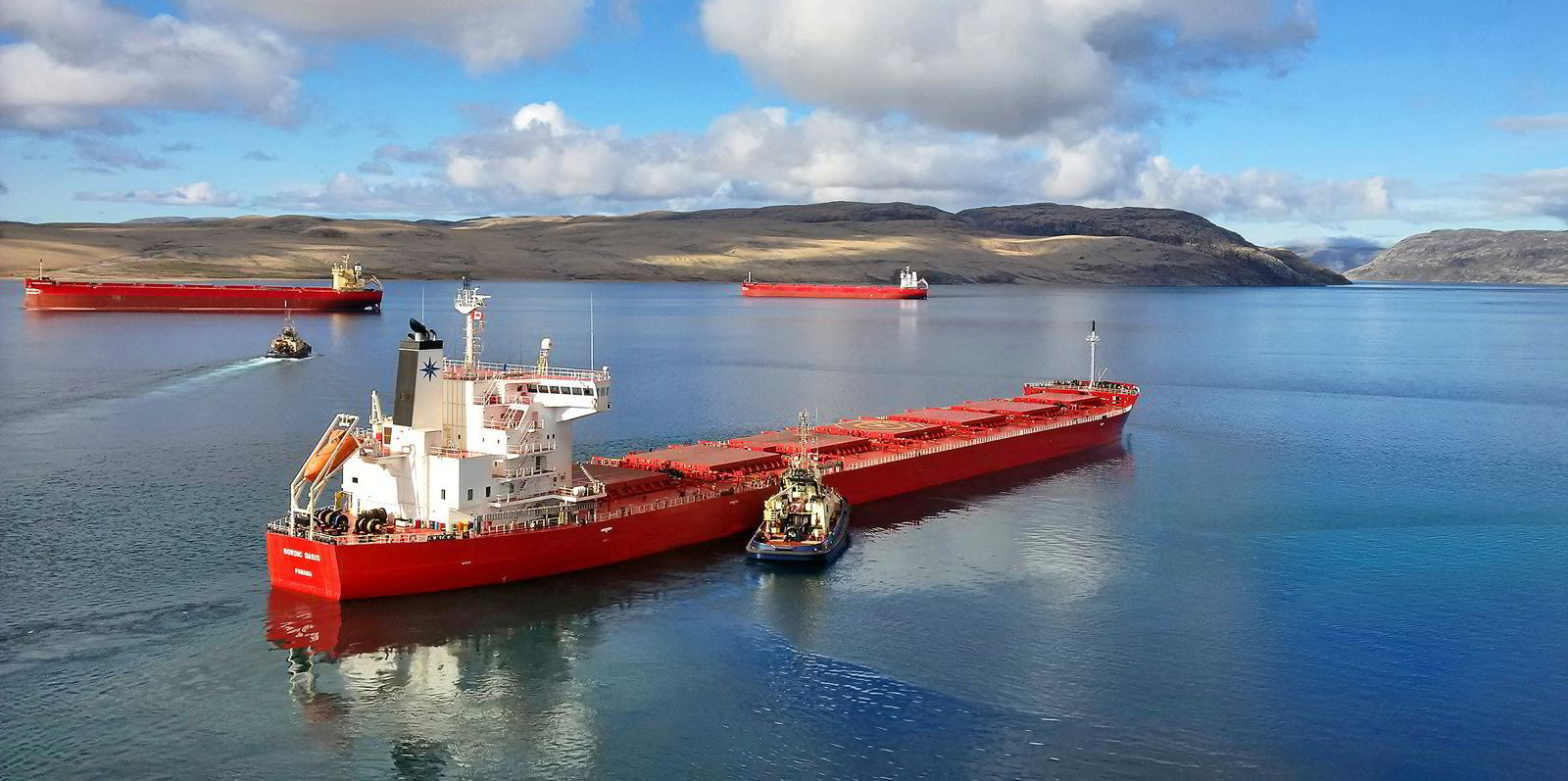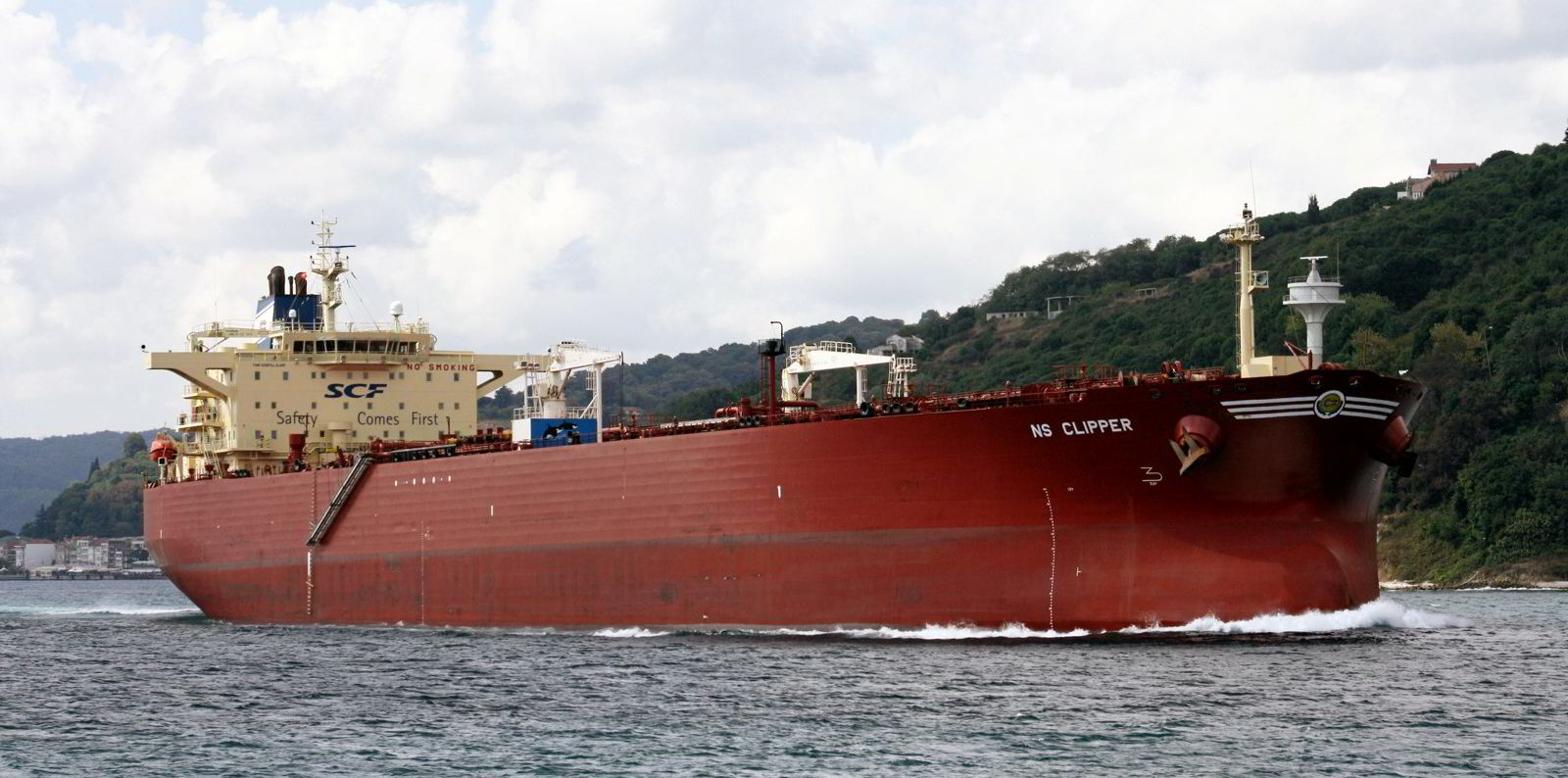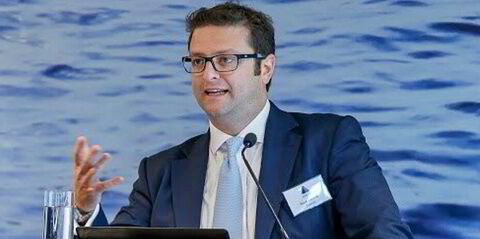Pangaea Logistics Solutions says sanctions led it to withdraw ships from the technical management of a unit of Russia’s Sovcomflot (SCF Group).
The New York-listed bulker operator said its ice-class-1A vessels have been shifted from SCF Management Services to Bernhard Schulte Shipmanagement (BSM) as of Wednesday.
Chief executive Mark Filanowski told analysts that the management change is unfortunate and costly for the Rhode Island company, but it will not be disruptive.
“We realised early on that we needed to make that change, if not because of the sanctions and maybe because of perception, but then sanctions did catch up with us,” he said. “So we’ll move the management to another company that isn’t subject to sanctions.”
Pangaea, which has 10 ice-class-1A bulkers, said in a securities filing that SCF Management is a Russian company that was subject to sanctions imposed by the US and other governments in February.
SCF Management’s main role is to provide technical management services to ships in the Sovcomflot group fleet, but it also leverages its ice-class experience to offer third-party management.
After Moscow launched its invasion of Ukraine last month, Washington acted quickly to sanction Sovcomflot, Russia’s largest shipping company.
The direct restrictions were limited to transactions related to new debt to the Russian shipping group.
Sanctions pressure
But Filanowski told TradeWinds that the restrictions left unclear, for example, whether incurring indebtedness on behalf of SCF would cause problems under the sanctions.
He said the UK’s ban on port calls by ships that are owned or managed by Russian companies was another factor in the withdrawal, as was the addition of Sovcomflot as a “named entity” under US sanctions.
Filanowski said BSM has some experience in ice class, and it has agreed to take on the ships’ crews and some of SCF’s management staff.
Pangaea is also moving some of its commercial activities away from certain areas because of increasing sanctions on Russia.
Some of the lost Baltic cargoes are being replaced by South American volumes, so Filanowski said the situation presents disruptions but also opportunities.
The executive told analysts that since the company books cargoes well in advance, it had commitments in place at the time that the conflict started.
“We’ve sorted through those commitments in response to the sanctions. Every one is a different story,” he said.
“Some cargoes we’ve had to cancel because of sanctions. Other cargoes where there is no sanction — we’re committed to carry that cargo and we’re doing it even if it’s lifted out of a Russian port.”
But, he said, it will not carry any cargo that breaks sanctions.
On Wednesday, Pangaea reported better-than-expected fourth-quarter earnings.
The outfit delivered net income of $15.2m during the period, up from a $7.59m profit a year earlier.
When items not typically tracked by analysts are stripped out, the growth was even sharper, with $24.9m of adjusted profit, compared with $6.2m in the last quarter of 2020.
For the full year, Pangaea delivered $67.2m in net income, up from $11.4m.






